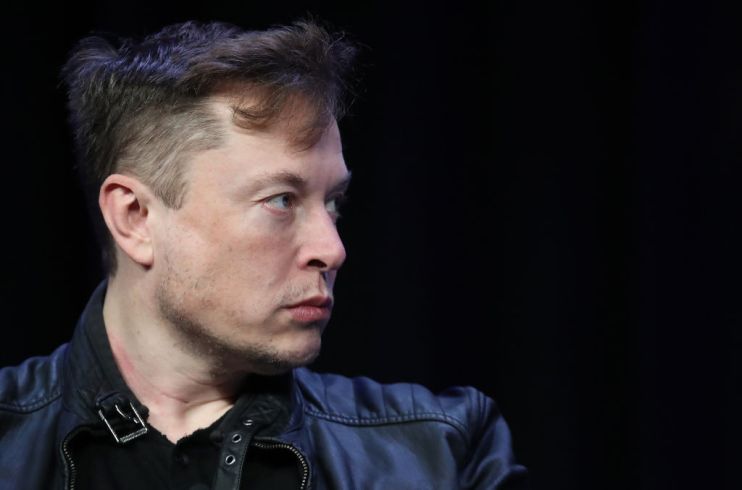Tesla ousted by China’s BYD as world’s top electric vehicle maker

Elon Musk’s Tesla has been forced out of pole position by Chinese rival BYD as the world’s most popular electric vehicle (EV) manufacturer, despite posting record sales.
Tesla reported fourth-quarter sales of 484,000 on Tuesday, a near 20 per cent rise year on year. However, this fell short of BYD’s record output of 526,000 vehicles as reported on Monday.
Founded in the mid-1990s by Wang Chuanfu, BYD has staked its claim as the biggest threat to traditional Western automakers in the race to transition to greener fleets.
Chinese brands and a slew of the country’s startups have stoked fear in the European sector as they seep onto the continent, offering cutthroat prices due to the country’s favourable supply chain position.
Chuanfu famously urged fellow automakers to “demolish the old legends and achieve new world brands” in a speech in August, declaring that the “time has come for Chinese brands.”
Tesla has been attempting to cut prices in an attempt to beat its rivals. In September, it released a cheaper version of its iconic Model Y in the US, valuing it at £36,403 a near £2,700 premium.
Susannah Streeter, head of money and markets at Hargreaves Lansdown, said: “It was already getting tougher for Tesla in China before the latest price war took hold. Tesla had reduced costs of popular models to increase sales but was hit by a storm of competition as BYD unveiled a super-aggressive pricing campaign at the end of the year.”
“The fight will hurt margins for both companies, but BYD clearly believes it’s a price worth paying to increase market share and recognition.”
She added: “This development is further evidence of China’s growing clout in the EV industry, helped by deep battery supply chains. Part of the reason why BYD feels it can afford steep discounting is because it manufacturers batteries in house, which has been cheaper, rather than outsourcing them.”
While Chinese manufacturers are making big inroads in European markets, progress has been slower in the UK amid concerns over the country’s poor charging infrastructure.
Recent data from the RAC and ZapMap shows the government has missed its target for the number of high-powered EV charge points near motorways. It had aimed for at least six rapid to ultra-rapid chargers by the turn of the year, but the motoring group’s analysis shows only four in 10 hit that criteria.